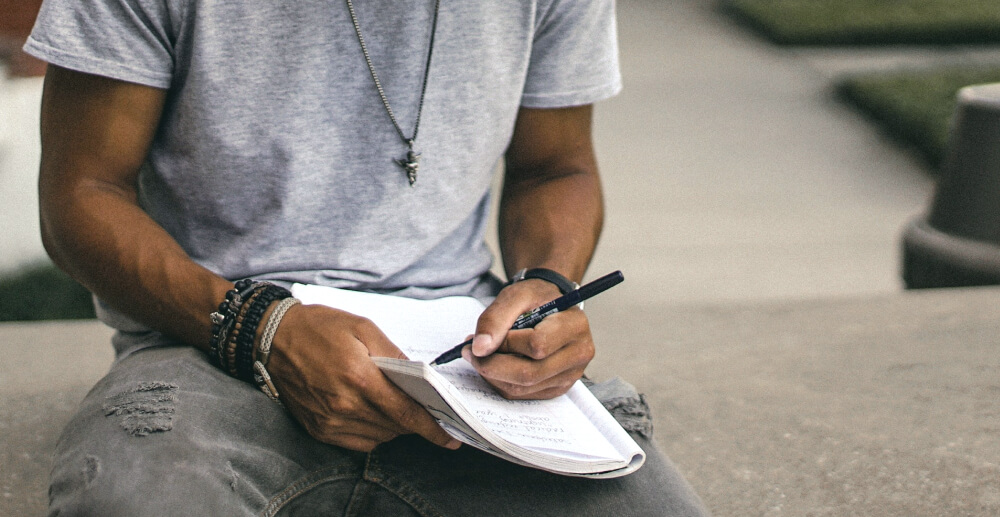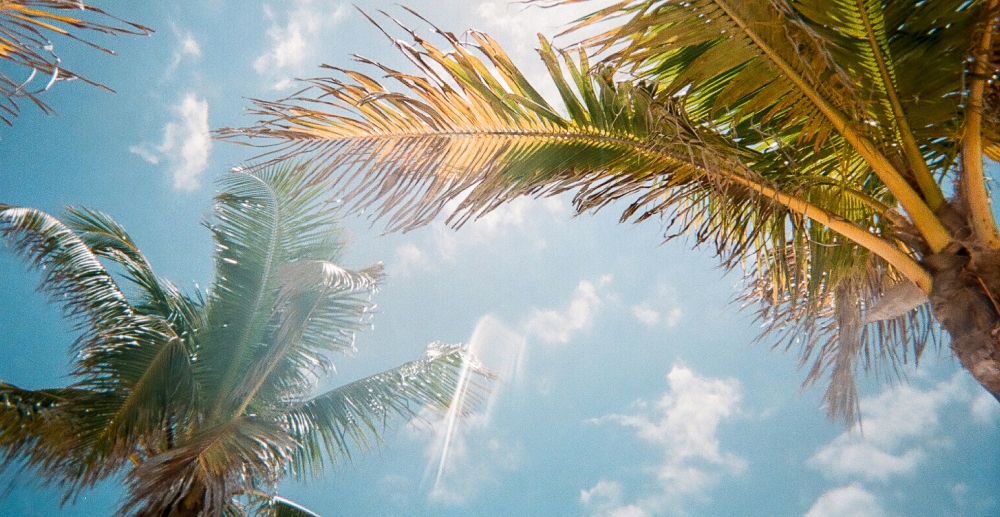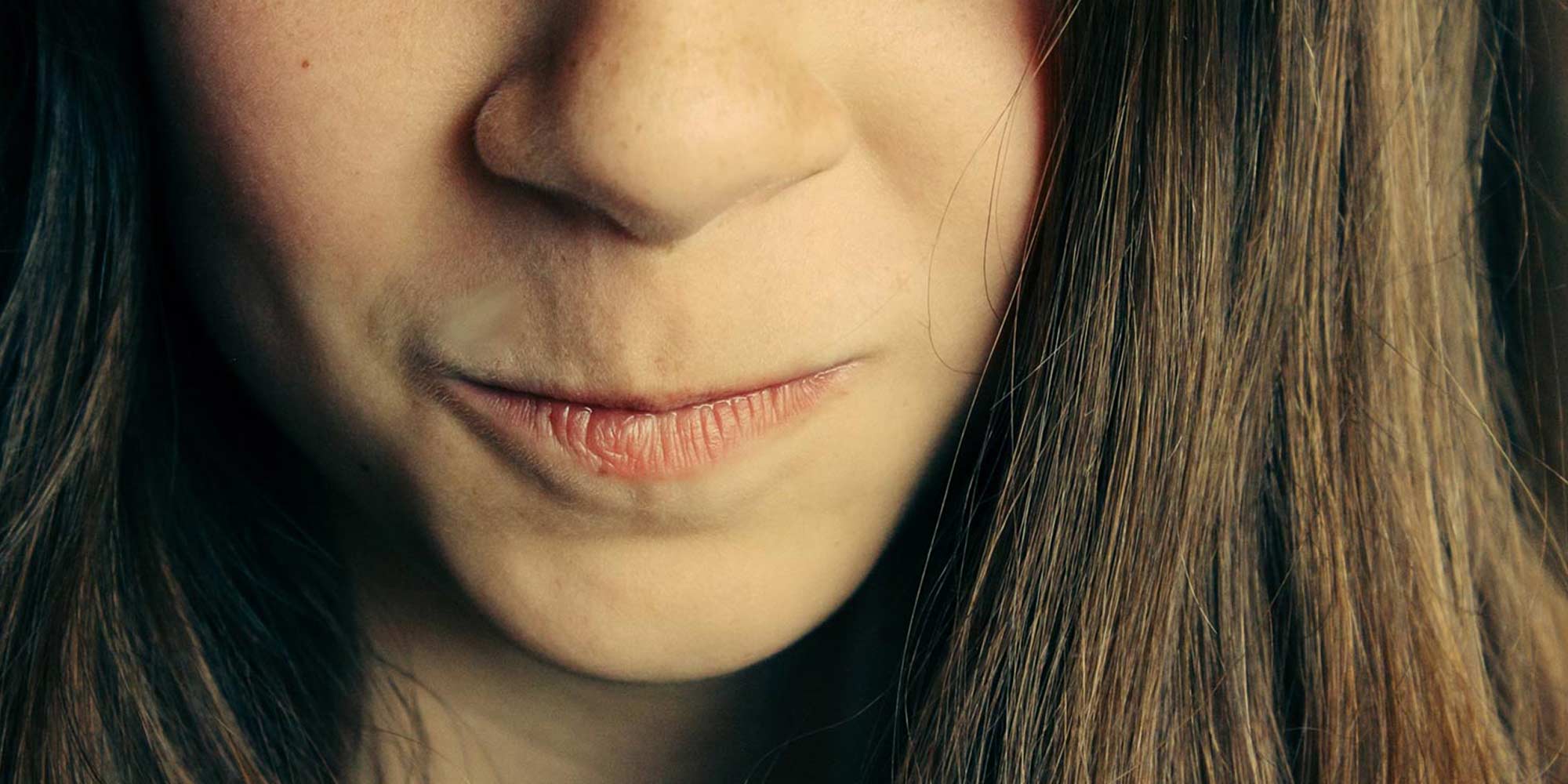When it comes to moderation vs. abstinence, how do you know which one is right for you?
People ask me now, 9 years into addiction recovery, why I decided to quit drinking and using drugs entirely (abstinence). I’m asked this not only by astonished coworkers trying to imagine a life without their casual glass of red wine, but also by those trying to make the decision themselves: should they moderate, or should they quit?
Why would I give up drinking and drugs entirely? Drugs and alcohol were a coping skill that worked for me until they really, really didn’t. They made me feel a shimmer of good then trailed havoc behind me: blackouts, lies, bad relationships. I spent years searching for a feeling of normalcy at the bottom of a glass, but never found it.
I tried moderation, many times over. I would love to drink like a normal person. I marvel at my boyfriend who can leave the glass of beer half drunk at a restaurant. I spent around five years of my life trying to control my use in some way. Insisting alcohol was the problem, I tried pills only. Deciding my lifestyle was the problem, I found new friends. Convinced my mental health was the issue, I was sure once I medicated myself appropriately I could drink normally. I decided that I could just smoke weed — such a safe drug, I was sure. But then I spent days stoned, paranoid and staring at the TV.
Moderation was never moderate for me. When I kept myself to drinks in the afternoon only, or pot in the evening, but it was all I could think about, trudging through the day until it was time to drink or drug. I was still obsessed. My mind ran wild with craving. And then addiction naturally progressed, and I would drink or use earlier, end up blacked out and calling someone who wouldn’t answer the phone. I’d wake up the next day, not remembering anything. That was how my moderation went. I wouldn’t remember where I parked my car, or I’d wake up in a mental hospital on a 72-hour hold.
In AA there is a saying if you think you can drink normally, go try it. That seems a little callous, but it’s often the way we explore our own boundaries with alcohol and drugs and set our own limits. I had to understand that I’d exhausted every possible avenue to moderation before I chose abstinence in my recovery. And once I’d realized that moderation had failed me, over and over again, with disastrous consequences, it was easier to decide on abstinence.
“I had to understand that I’d exhausted every possible avenue to moderation before I chose abstinence in my recovery.”
When the using and drinking switch is turned off for me, the rest of life is turned back on: without the obsession of drugs and alcohol, I’m able to focus on my relationships, my career, and snuggling in with my kitties while I read mystery novels. I couldn’t enjoy (and didn’t really care) about any of that when I was trying to moderate. I was just eagerly awaiting my next chance to drink or use drugs.
So for me, abstinence is the better choice. But all I know is my own experience with drugs and alcohol, and what worked for me in long-term recovery. I know there are multiple pathways to recovery, and abstinence isn’t the only one. So I asked Jules, who is now successfully moderating her drinking, some questions about her experience, to contrast to my own.
Here is what Jules had to share about her experience with moderation:
How did you decide to moderate substance use vs be totally abstinent?
I was someone who would drink non-alcoholic beer at BBQs and such, so there were some camps that would say my periods of total abstinence were only a couple years. (People in those camps were often sucking on cigarettes, but that’s another discussion for another day.)
I’d thought about having a beer or a glass of wine with dinner for over a year but chalked it up to bad self-talk, since I hadn’t had the experience of having a singular beer or singular glass of wine ever. Now I’d watched people do that in the restaurant where I worked and often wondered if I would ever be that person, but didn’t just jump and test it out. I guess my point here is that I never said I would never drink again for the rest of my life. I never said I would never touch drugs again for the rest of my life. The traditional meeting path with the “I’m an _____________,” never really felt right.
So I was at Crater Lake, doing Ride the Rim, with my man friend. It’s something like a 24-mile bike ride around the lake and it’s beautiful, truly beautiful. I have a few great pics from that day. With the inclines, there are challenging parts, but there are also some great descents where you pick up quite a bit of speed, so being a little bit of an adrenaline loving-type (I HATE THE WORD JUNKIE), it was exhilarating.
I was 39. I was living in a new place that was 1,500 miles from where I’d been for 15 years. I was in a new relationship with someone whose company I really enjoyed. And I realized I was experiencing joy for the first time in years. It wasn’t like life was all terrible or there weren’t good times or successes along the way, but that moment was a joy.
So in my joy, flying down that hill, I decided I was going to have a beer with dinner that night and see how it felt. And the thought didn’t consume me. The scenery consumed me. I remember the other folks on the ride with whom I visited and I remember that the Huskers beat the Ducks in a close game that day. I remember that the water was so blue, more blue than the tank top I was wearing, and I remember the feeling of the wind in my face on the downhills.
I had a Sapporo, singular, with sushi that night.
Did you try a period of abstinence before you chose moderation?
That was mid-September and I was a month shy of 12 years of sobriety. I wouldn’t change any of it, because I needed all that time to sort out my brain space.
How do you define success in moderation? (Are you not thinking about substances, using a certain amount, etc)
I told myself if I ever miss a workout, I need to re-evaluate things. I’ve done seven marathons and two of those were since I started with moderate drinking. When I’m training for a race, I don’t drink at all the last three weeks. Drugs don’t really interest me anymore. I’ve realized that anytime I was out of control, I was bored and unhappy, and maybe more that anything, just creating a structure in my habits.
“Success in moderation is creating a life that allows me to have physical and emotional experiences I wouldn’t have under the cloud of being intoxicated. ”
I’m a person who needs some structure and healthy discipline to survive. I like change and can adapt, but I need some sort of framework. That’s one of the reasons I like training for a marathon: big goal with lots of little benchmarks along the way. My old structure revolved around smoke breaks to get through the workday and then getting myself to the bar immediately after work. I guess my point is that it was more about habits than the substance for me. Success in moderation is creating a life that allows me to have physical and emotional experiences I wouldn’t have under the cloud of being intoxicated.
Anything else about your moderation experience you’d like to share?
I probably would fit the criteria for substance abuse, but not full-blown addiction. Had I not stopped for almost a dozen years, maybe, since addiction is a progressive, chronic disease. I don’t know that it matters, but I want to be clear that this all would have played out differently without the clarity that time brought me. I’m only an expert on myself.
Thanks for sharing your experience, Jules!
Research suggests that the ability to moderate drinking does seem to correlate with the degree of dependence: the more severe your alcohol or drug addiction, the less likely you will be able to moderate. Researchers in one study found that as the severity of dependence increases, the ability to moderate decreases. Another study showed that allowing patients to choose their own treatment goals (abstinence vs. moderation) increased their success rate in recovery.
Some reasons not to moderate? Health issues that could be affected by drinking, including mental health issues like depression that could be exacerbated by depressants like alcohol, or if you’re taking medications that shouldn’t be mixed with alcohol.
Both Jules and myself, whether moderating or quitting entirely, have some common aspects of our recovery: we’ve found healthy passions to replace our old obsessions and we both have a clear idea of what success looks like for us in recovery today. We both started with periods of abstinence and made decisions about what was best in our recovery after that.
If you feel that alcohol and drugs have taken over your life, and you’re ready to take your life back, remember there are multiple ways to recover from addiction and recovery is possible, regardless of the pathway you choose.








